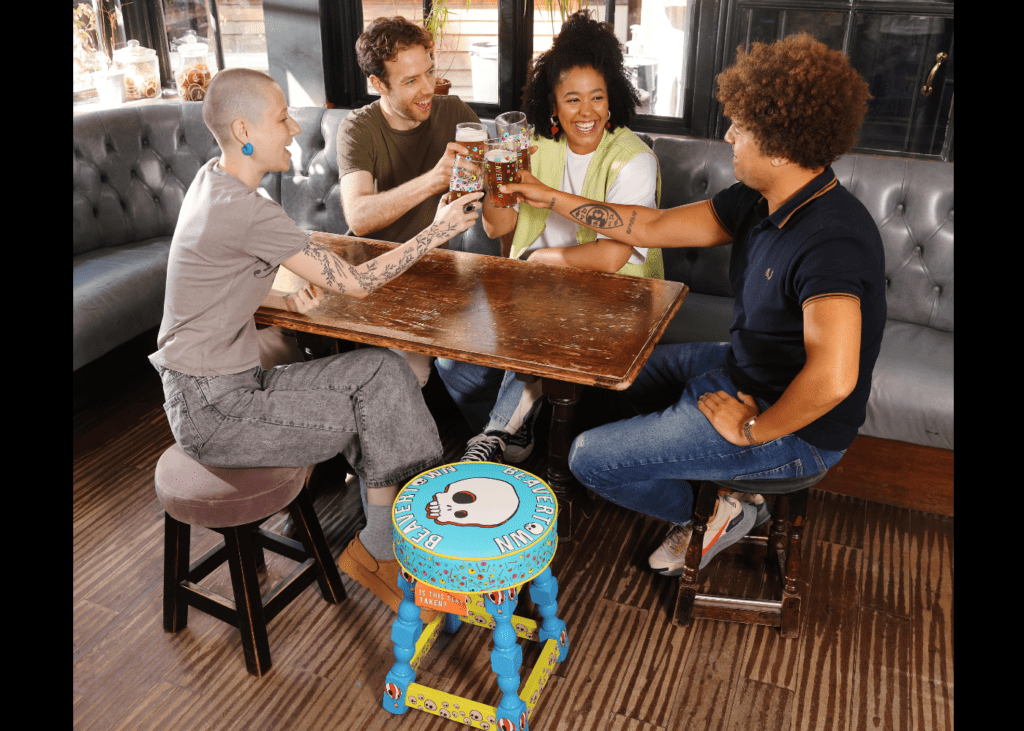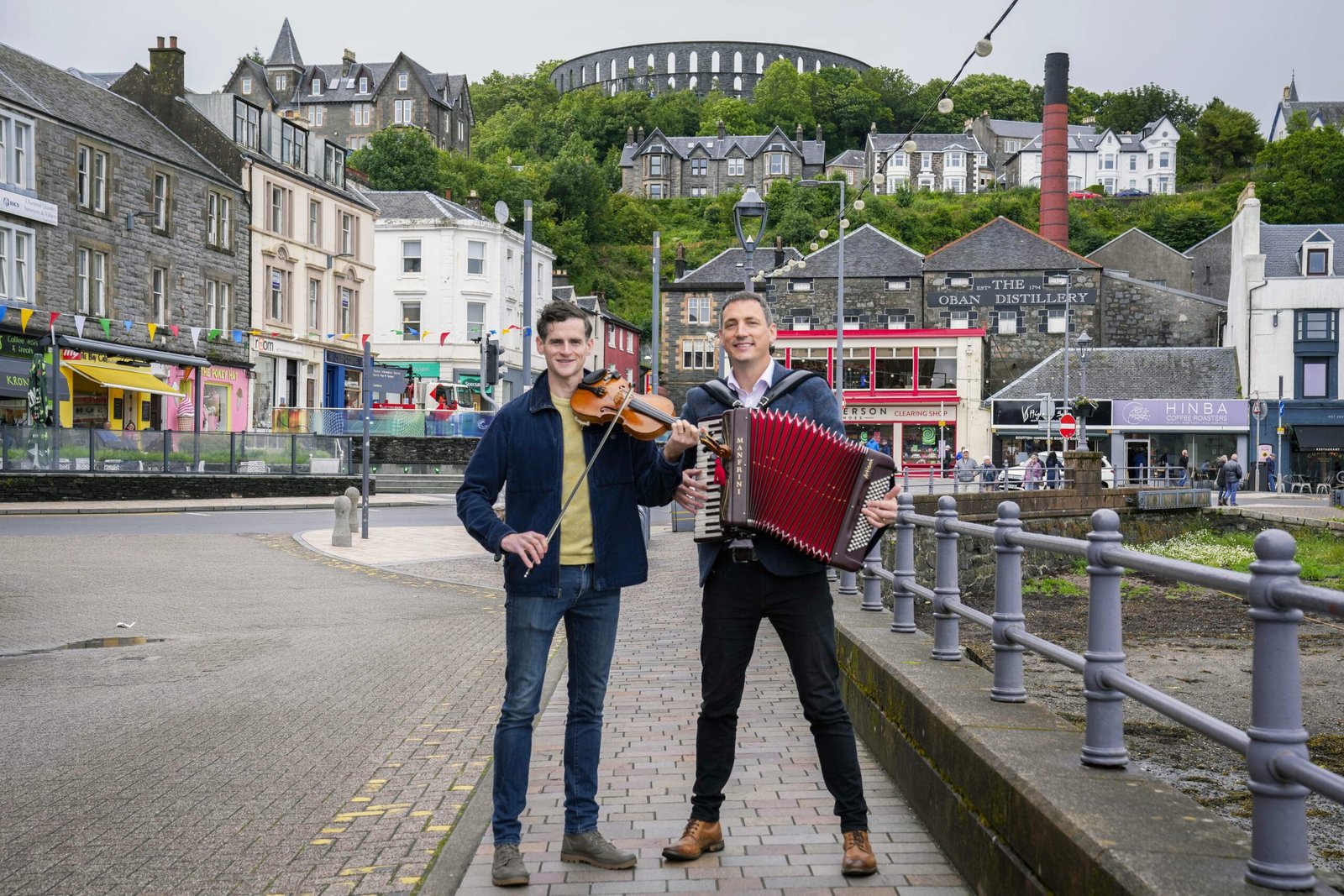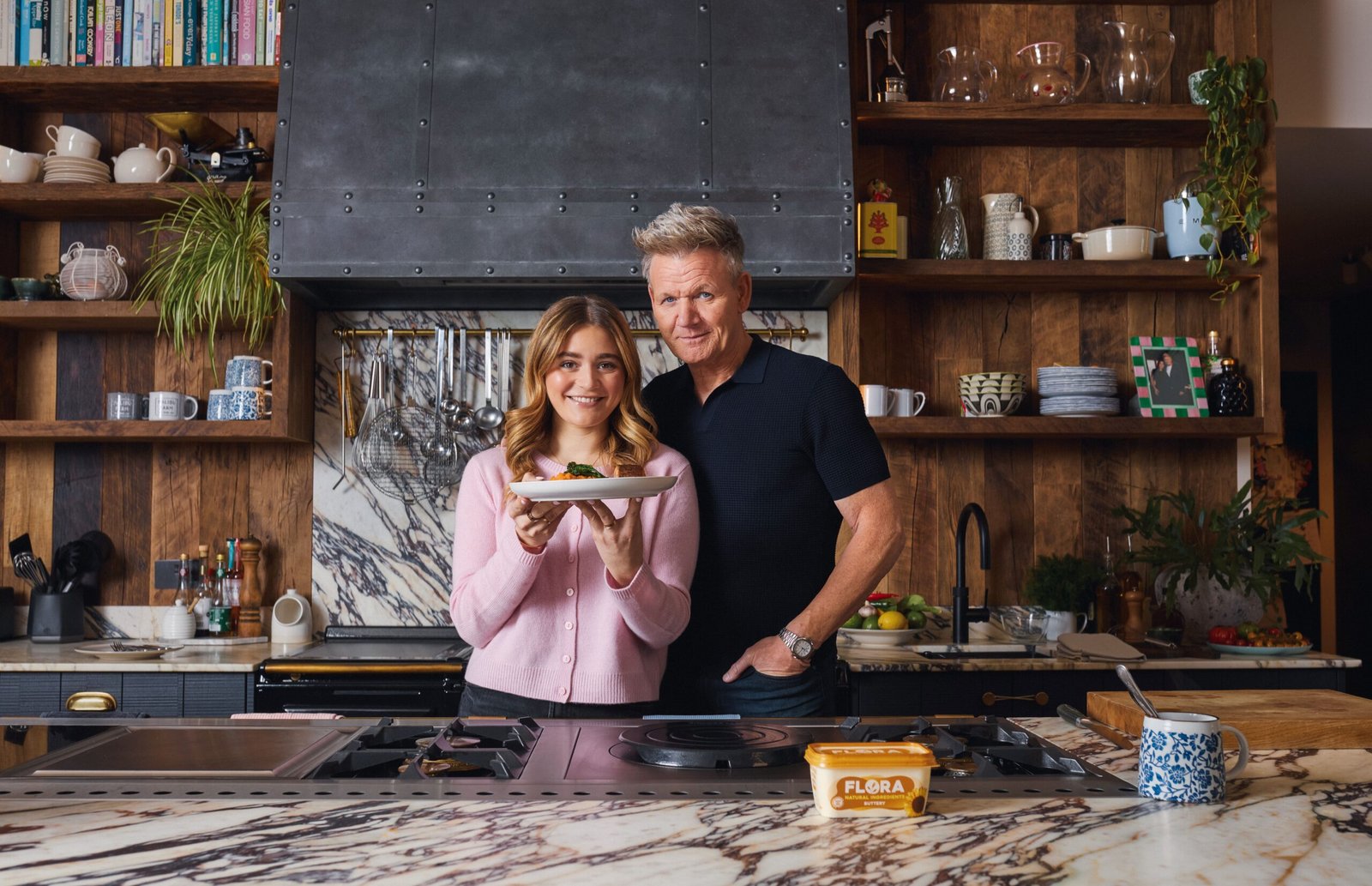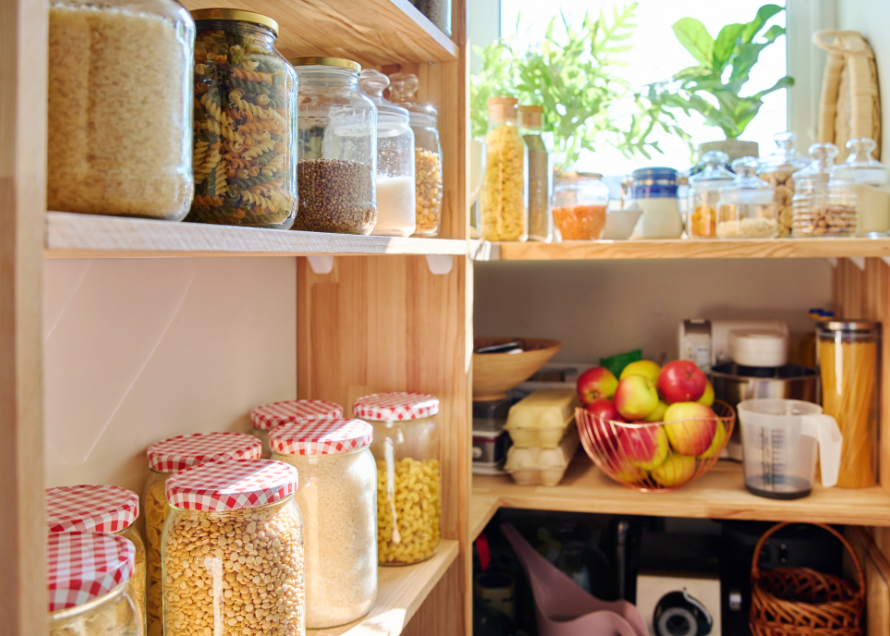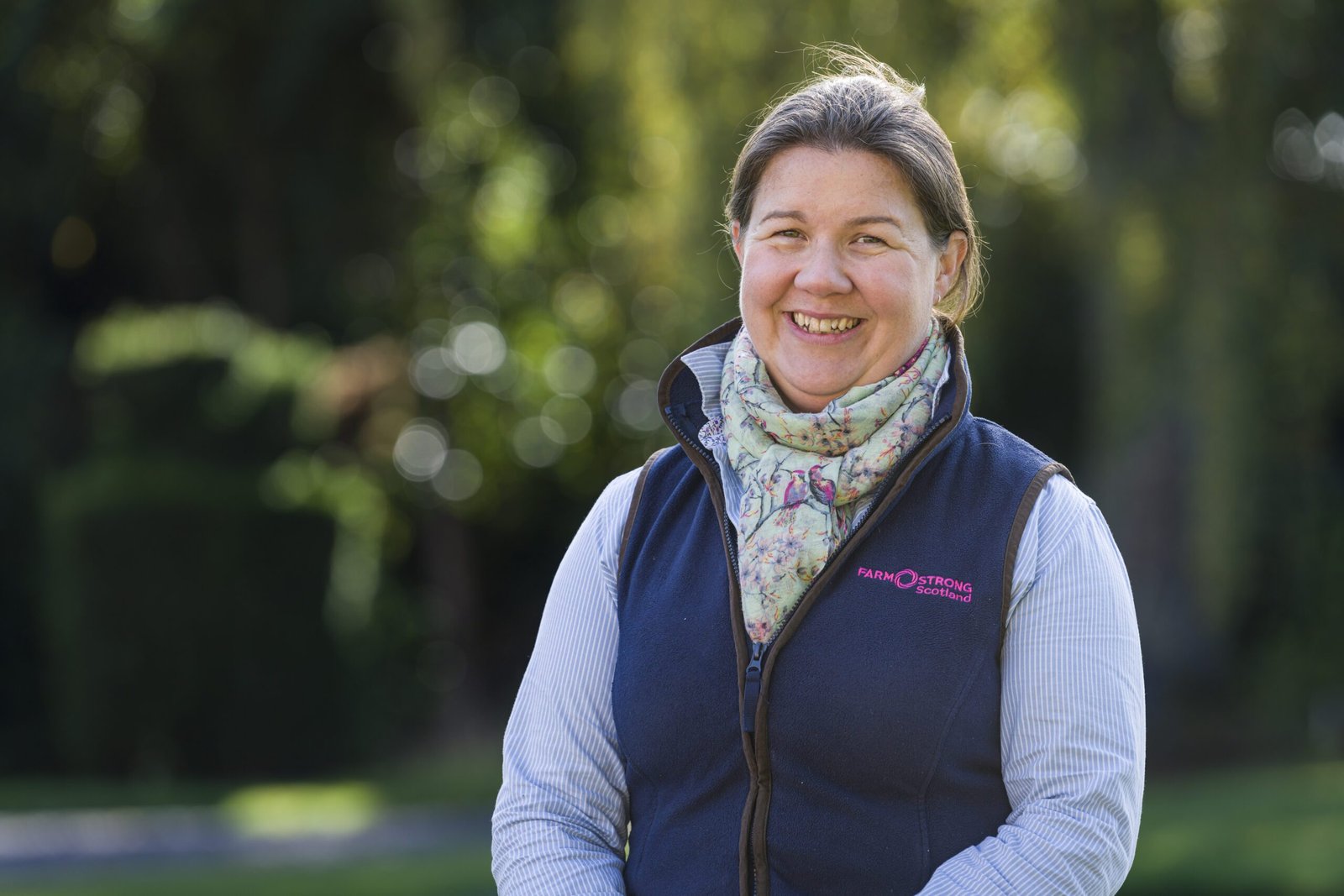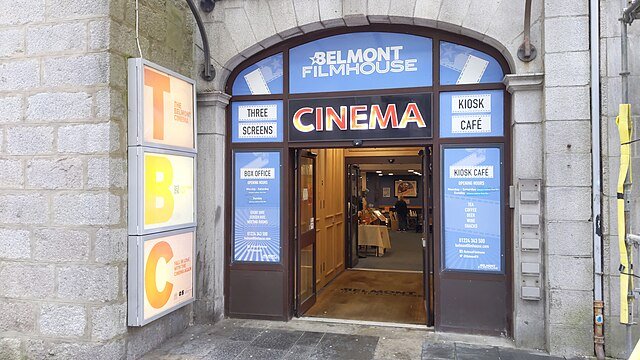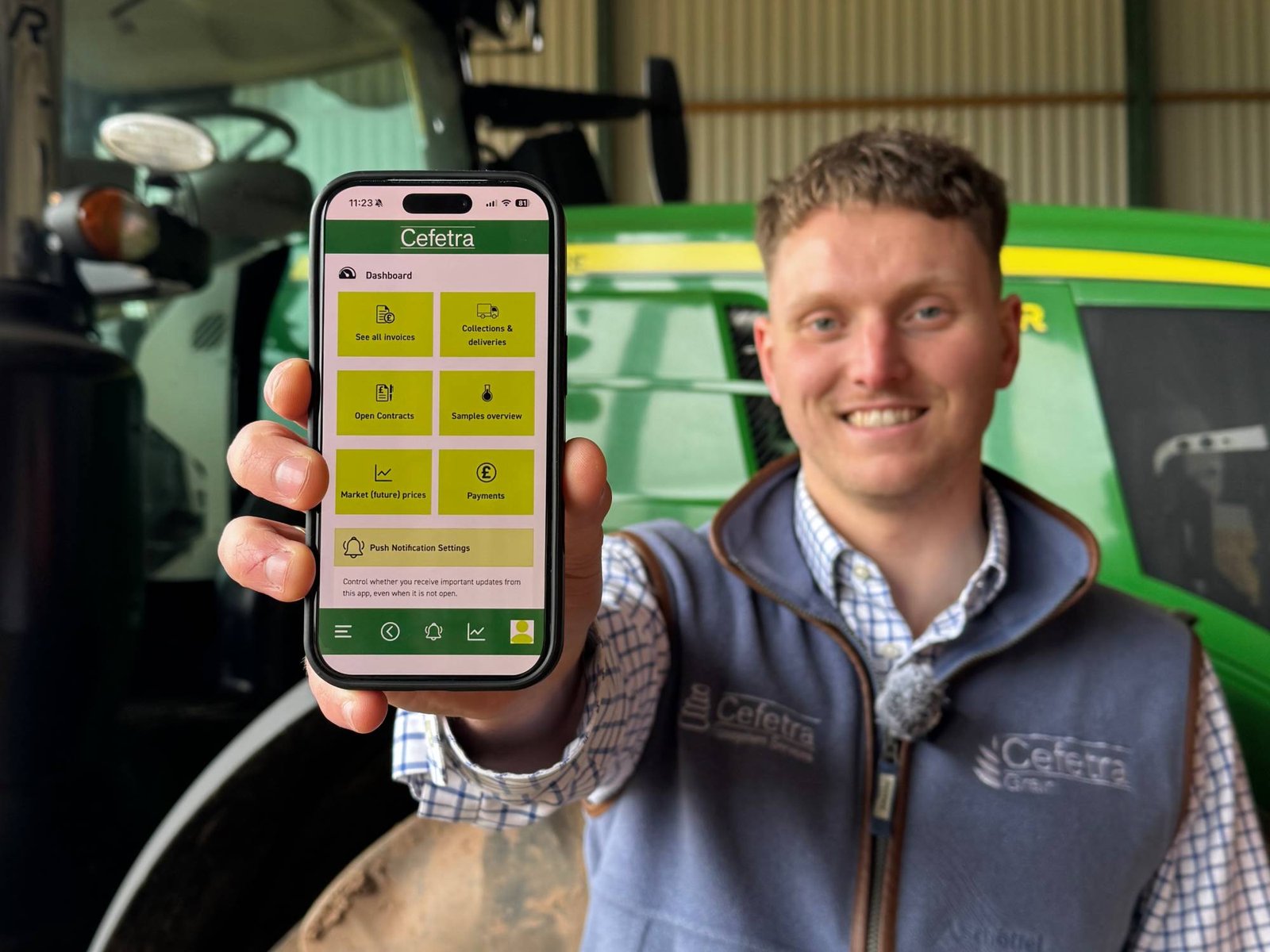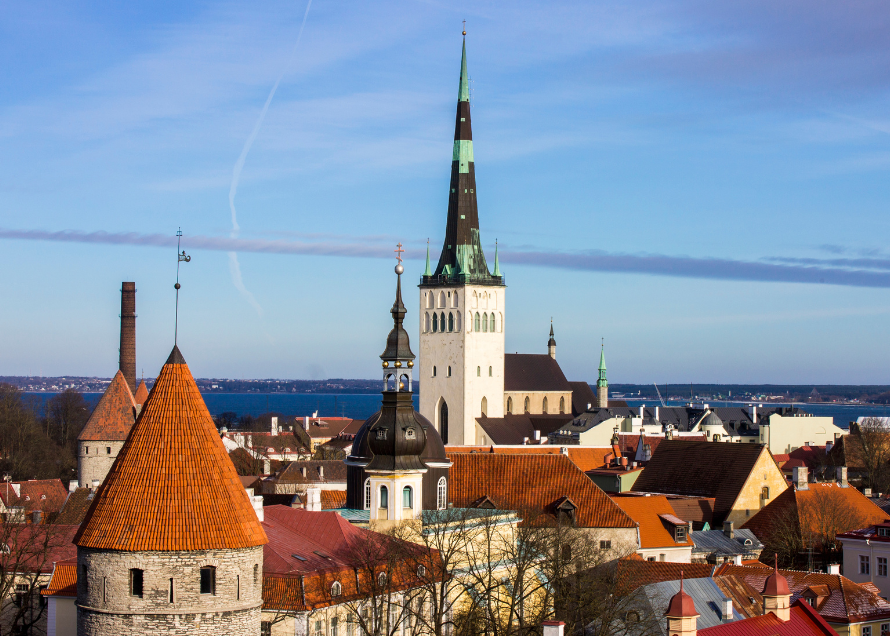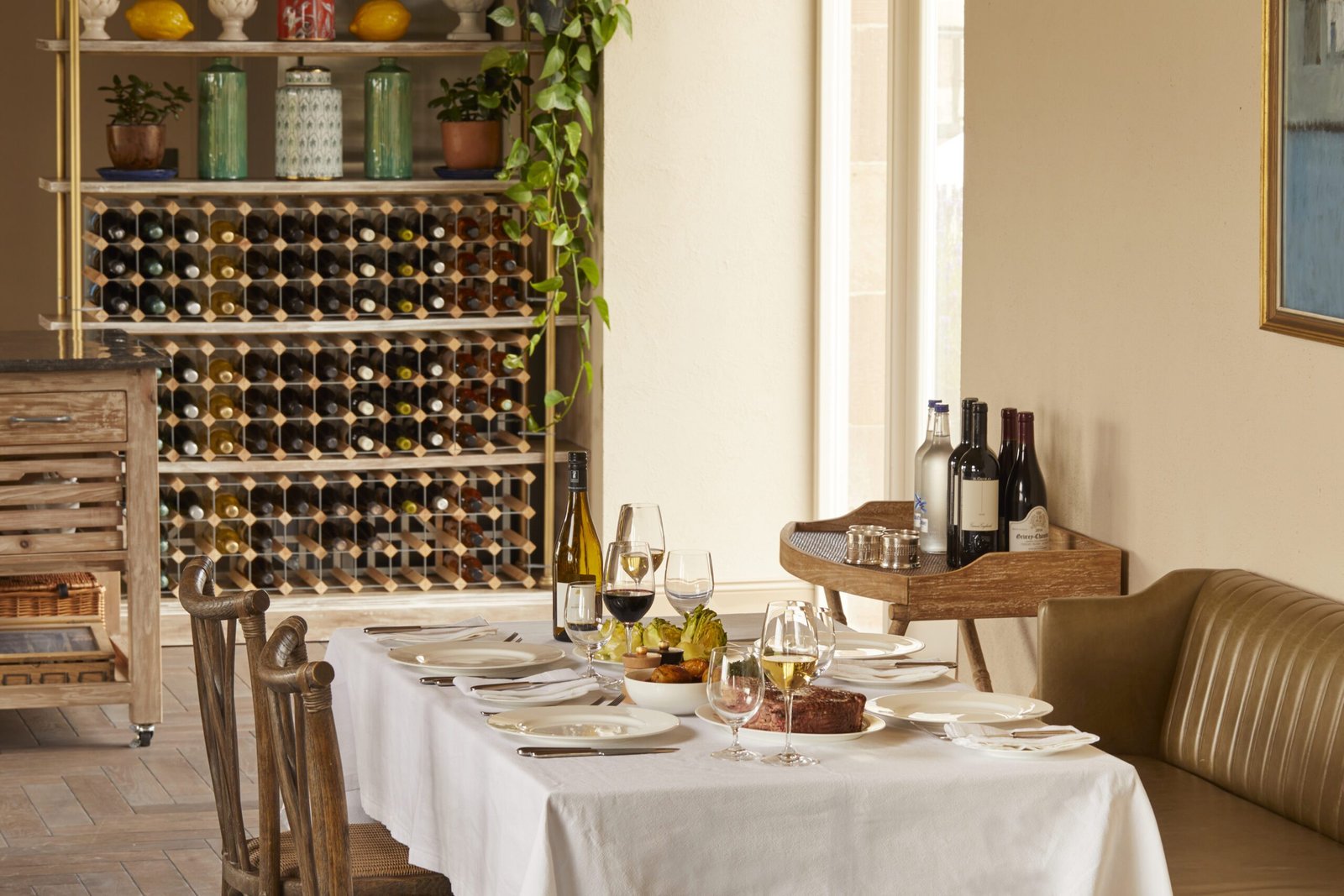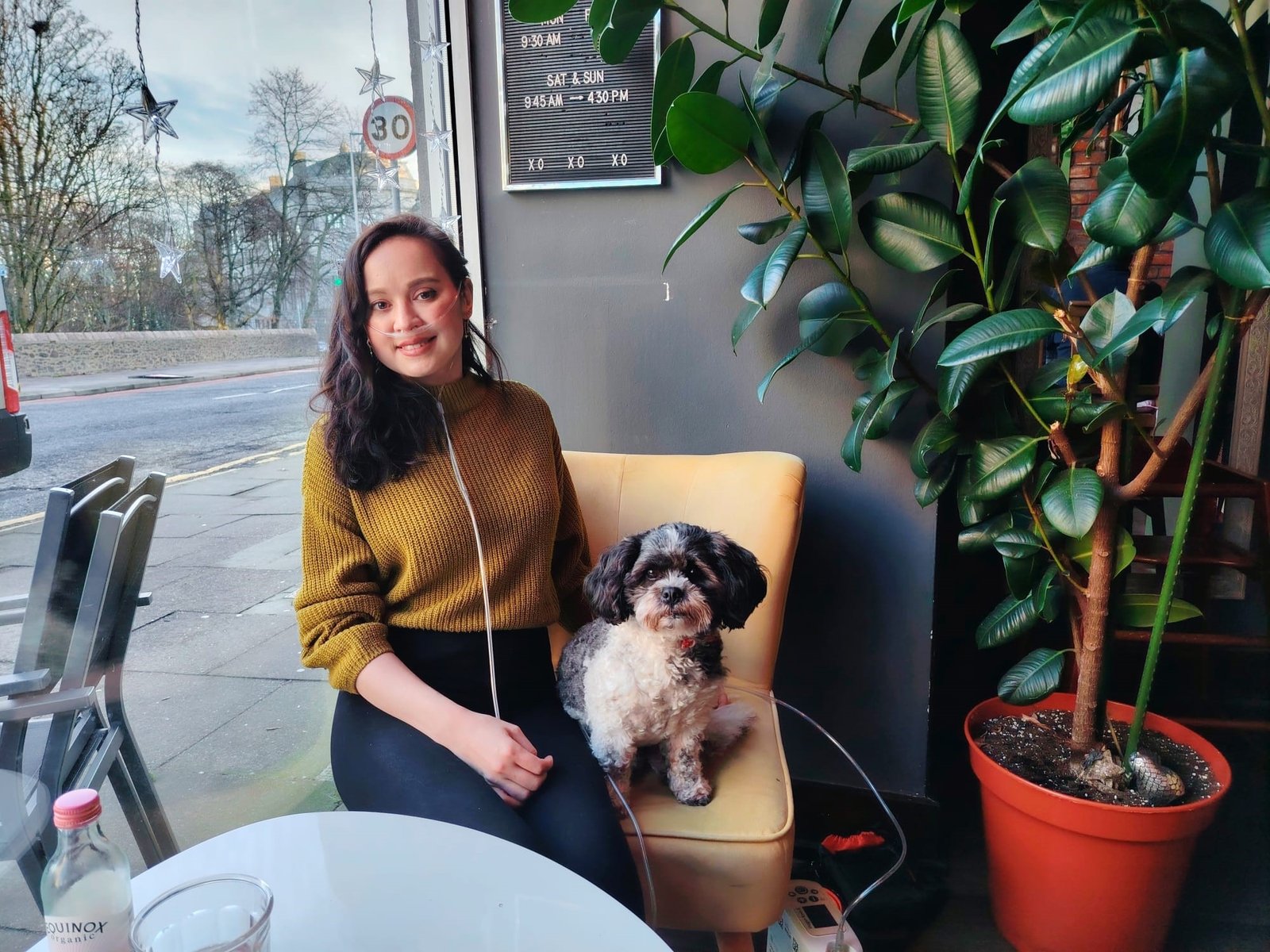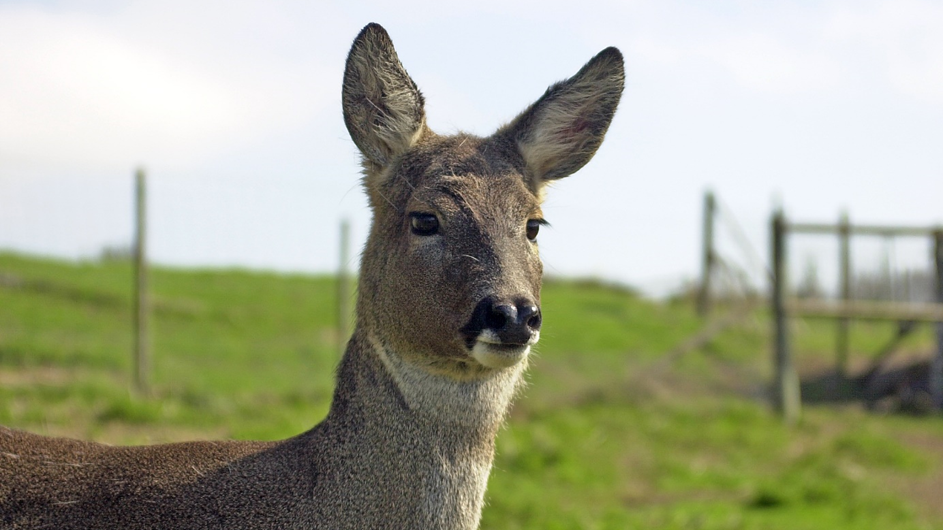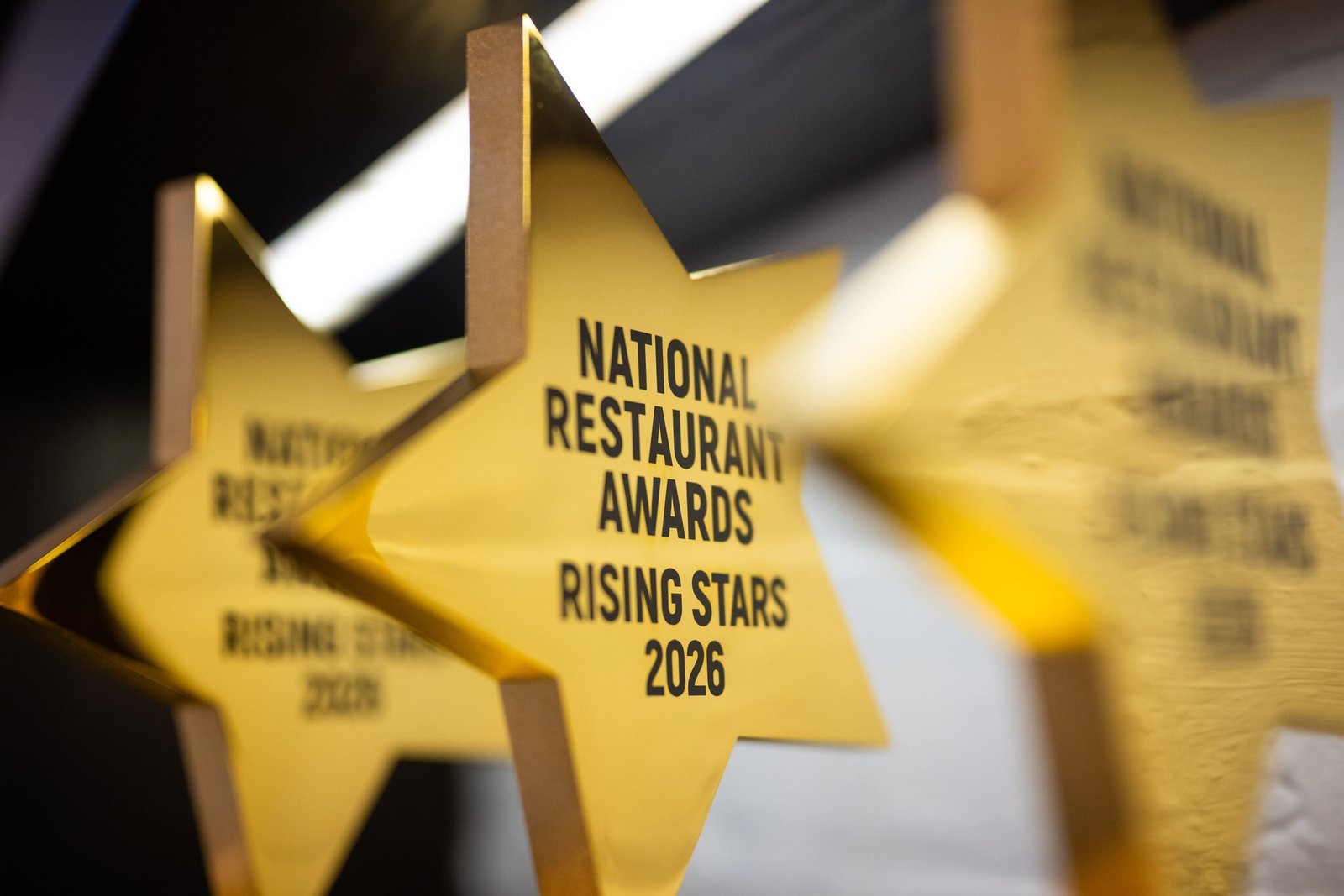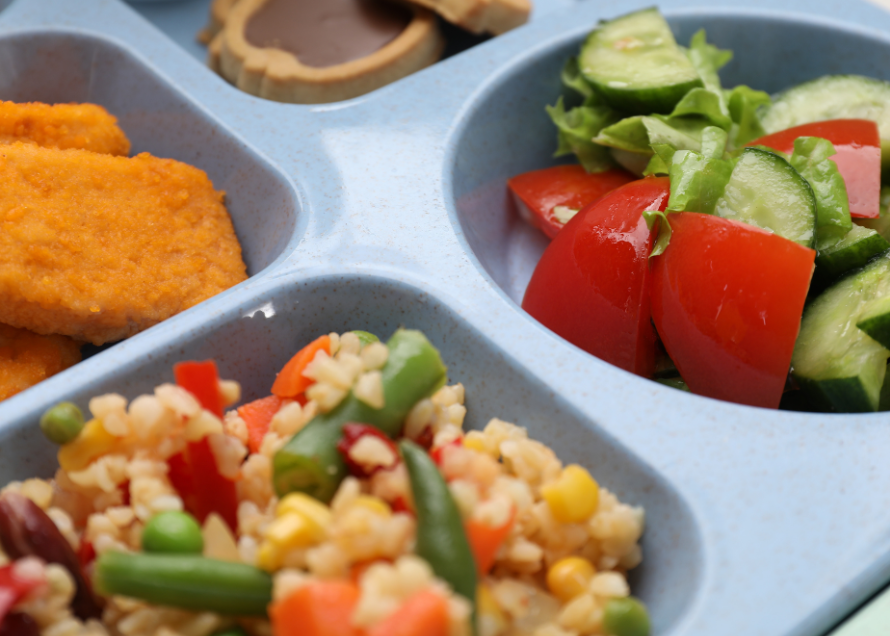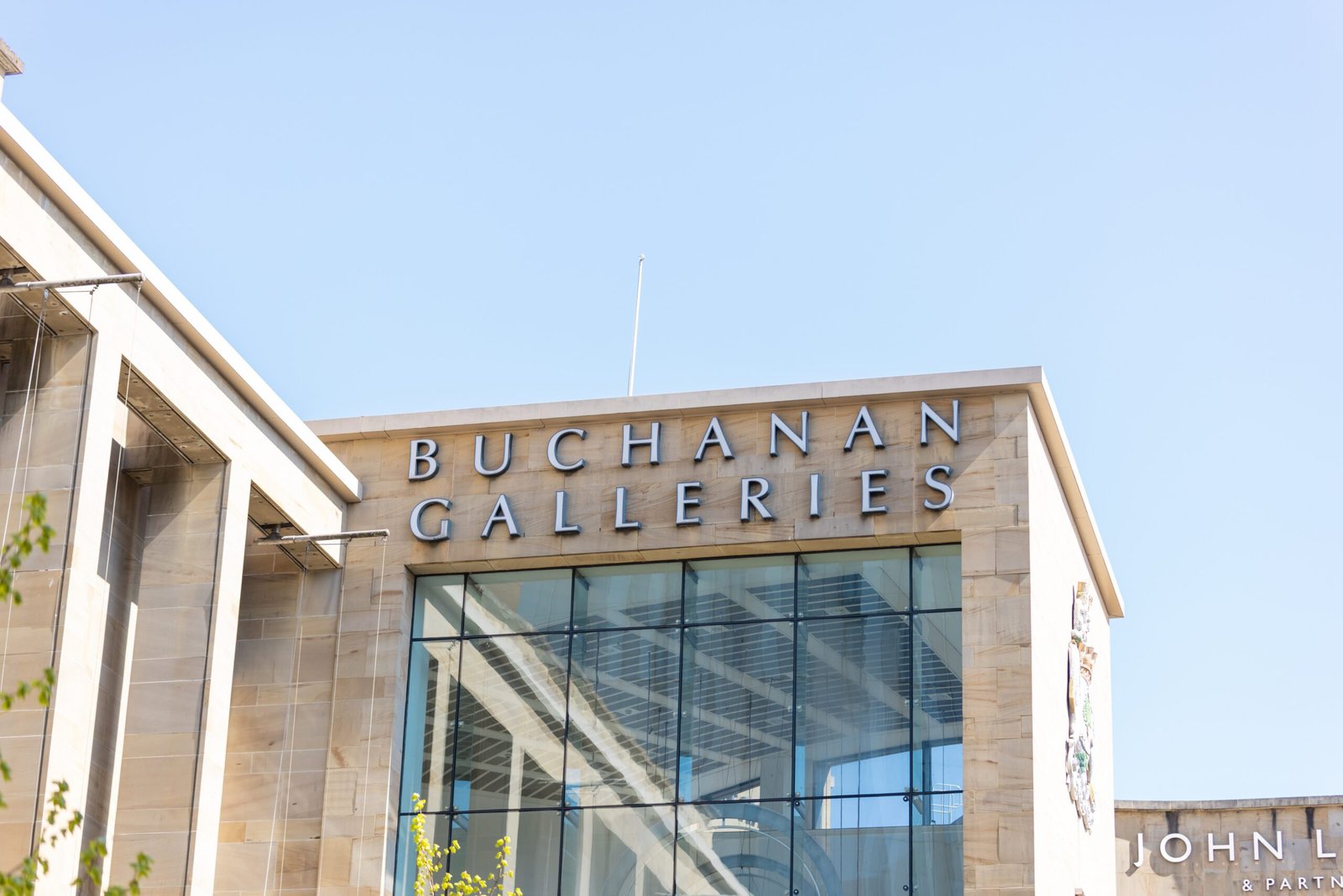New research commissioned by Beavertown Brewery ahead of the bank holiday weekend has revealed that despite nearly two-thirds of Scots (61%) admitting to wanting to meet new people, a third (33%) have no idea how to strike up a conversation with a stranger.
The latest findings indicate that over a third (39%) of Scots who struggle talking to someone they’ve never met confess to lacking the confidence to initiate the first move.
The study revealed that over almost 5 in 10 (48%) of Londoners believe that there is a cultural stigma in the UK around talking to strangers, and almost half of Scots (48%) believe that people in the UK should be more open to talking with people they don’t know.
To help Scots overcome social barriers and meet new people, Beavertown Brewery has launched the “Is This Seat Taken?” campaign.
Bright blue, skull-clad Beavertown pub stools are being placed in two Scottish pubs, including Barony Bar in Edinburgh, and McHuills in Glasgow, to create opportunities for pub-goers to break the ice and strike up conversations with strangers.
If the stool is free, pub-goers are encouraged to do more than just ask, “Is this seat taken?” and walk back to their table.
To take the stool, punters are encouraged to introduce themselves to the table of strangers and share a friendly ‘cheers’, in a simple yet effective way of breaking the ice and making connections.
The new campaign highlights the power of the simple ‘cheers’, with the research showing that nearly half of Scots (43%) view ‘cheersing’ with strangers in a pub as an effective icebreaker, with over half of Scots that do it (64%) believing that it’s a simple gesture that can spark interesting conversations.
The launch comes after the research found that over a third of Scots (38%) have previously gone up to a table of people in a pub and asked to borrow a seat, and 43% of Scots said that they’d be likely to start a conversation with a stranger if they saw them in a pub. What’s more, 69% of Scots have actually started a conversation with a stranger in a pub in the past.
Tom Rainsford, Marketing Director at Beavertown Brewery, commented: “Approaching someone you don’t know can be nerve-wracking, but every relationship we’ve ever had started with a conversation.
The pub can be a great place to meet new people and have a good chat. To help, we want to offer a new way for people to break the ice and connect over a pint – even if it’s just a quick cheers – because who knows, it could be the start of a beautiful friendship.”
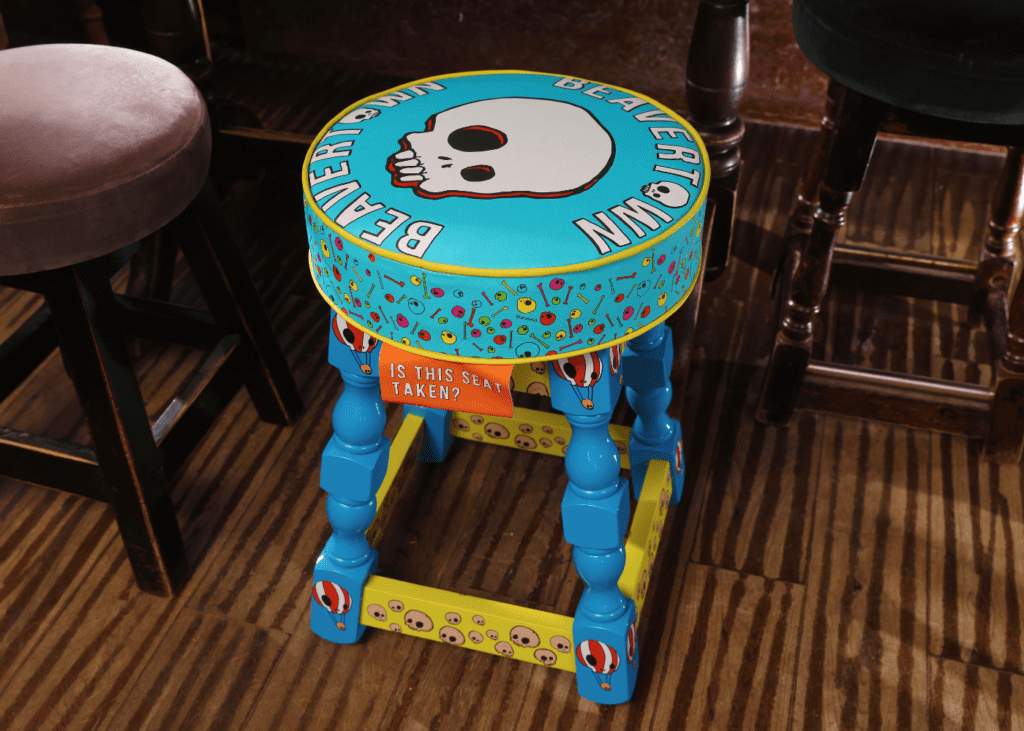
As part of the campaign, Beavertown is teaming up with psychologist Katherine Templar Lewis, for tips and tricks on how to get the nation to break out of their social comfort zone.
Katherine offers practical tips, like easy ice-breakers and confidence-building techniques punters can use to help spark conversations with new people.
Katherine Templar Lewis said: “In an age where loneliness is on the rise, we must remember that humans are inherently social creatures.
“We’ve evolved to thrive in communities, and our bodies and minds benefit immensely from genuine social connections.
“By encouraging people to share a table, introduce themselves, and raise a glass together, we’re not just combating loneliness – we’re reviving the age-old tradition of the pub as a community hub.”
Katherine’s tips on how to approach strangers [full list can be found here]:
- Always make eye contact: When you make eye contact with someone, we give them the signal that they can trust us, their body language will change and confidence will grow in both them and you.
- Don’t forget to smile: Smiling increases mood-enhancing hormones such as dopamine and endorphins, while decreasing stress-enhancing hormones, including cortisol, and adrenaline. It also reduces overall blood pressure.
- Take part in a ritual: Rituals have been created to bring people together. Even everyday rituals, from making a cup of tea, making a drink, or the iconic ‘cheers’ have a bonding effect and impact on our well-being, calming our nervous system and helping moments feel more meaningful.
You Might Also Like:
No related posts.
- Make small talk: Questions such as “where have you come from?”, “what brought you here?”, and “how are you finding the weather” can all not just find points of shared interest to spark wider conversations, but also show how interested we are in the other person.
- Own the awkward: Remember that this feeling comes from your brain trying to play it safe. Push on, focus on the positive outcomes, keep going, and soon your body will quickly recognise there is no threat your nervous system will calm.
The new pub initiative is part of Beavertown’s new campaign slogan, titled ‘For Humans and Other Social Beings’, which saw the brand recently its first ever TV ad, marking a significant milestone for the brand.
The stools are being placed in pubs across London, Manchester, Edinburgh, Brighton and Glasgow until the rest of summer. Find more information, or find your nearest participating pubs here, with T&Cs here.

